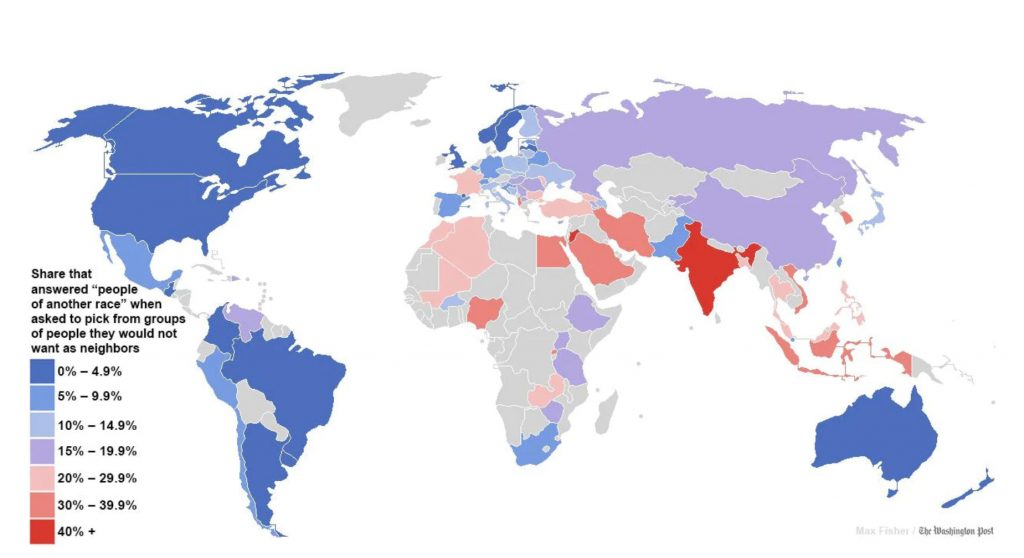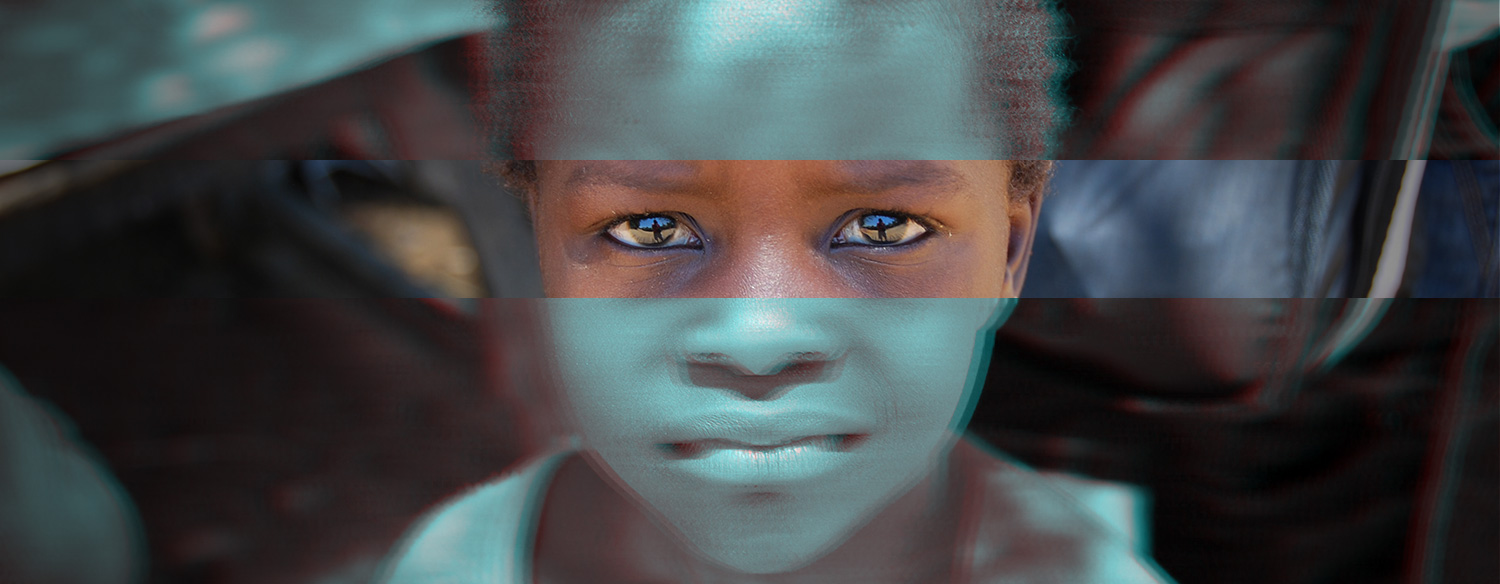There are approximately 9 million men, women, and children living in modern slavery throughout Africa, according to a report issued by the Australia-based Walk Free Foundation.
The foundation’s Global Slavery Index revealed there is an estimate of 9,240,000 enslaved across the continent, living as forced labourers, forced prostitutes, child soldiers, and as child brides in forced marriages.
Follow Caldron Pool on Facebook, Twitter, and Parler!
According to the report, Africa has the highest rate of prevalence for enslavement, with 7.6 people living in slavery for every 1,000 people in the region. The report also revealed that the rate of forced marriage (4.8 victims per 1,000 people) was higher than the rate of forced labour (2.8 victims per 1,000 people).
The findings also showed worldwide there were 40.3 million people in slavery in 2016, with up to 71% of the enslaved being female due to “discriminatory views of women.”
Governments found to be taking the least action to reduce modern slavery include: North Korea, Libya, Eritrea, Central African Republic, Iran, Equatorial Guinea, Burundi, Republic of Congo, Sudan, and Mauritania.
The map below shows almost every country in the world coloured according to the share of its population that is enslaved. The darker the colour, the higher the prevalence of slavery.

In contrast, governments found to be taking the most action to end slavery include: Netherlands, United States, United Kingdom, Sweden, Belgium, Croatia, Spain, Norway, Portugal, and Montenegro.
The following map shows the government response to modern slavery. The darker the colour, the higher the government response.

What’s worth noting is that these maps reveal the countries which are persistently characterised as “racist” and “oppressive” towards people of colour, and from which reparations are demanded, are exactly those countries which have done the most to end slavery.
Furthermore, in modern times, slavery has been characterised as a unique practice instituted by predominantly white nations. However, according to African-American economist and social theorist Thomas Sowell, this is an entirely false view of history.
During a 2018 interview at the Hoover Institution, Sowell pointed out that slavery is one of the oldest institutions among human beings.
Slavery has been a universal institution for thousands of years, as far back as you can trace human history. We’re looking as if slavery was something that happened to one race of people in one country, when in fact, the spread of it was around the world.
In 1776… Adam Smith said that Western Europe is the only place in the world where there is no slavery. Even the Western Europeans had vast numbers of slaves in the Western hemisphere, but not in Western Europe itself. So, if you’re going to have reparations for slavery, it’s going to be the greatest transfer of wealth back and forth and between… because the number of whites who were enslaved in North Africa by the Barbary pirates exceeded the number of Africans enslaved in the United States and in the American colonies before that, put together.
But nobody is going to North Africa to ask for reparations because nobody is going to be foolish enough to give it to them. Here we have intellectuals who can imagine a different history from the rest of the world.
Despite the narrative that continually presents predominantly-white nations as the greatest perpetrators of racism, discrimination, and slavery in human history, the facts demonstrate that these very nations have done the most to combat slavery and racism.
In 2013 a study of 80 countries over a three-decade period revealed that white and Latin countries were least likely to be racist.
The data, which was collected by the World Value Survey and reported on by the Washington Post found people in the United Kingdom and its Anglo former colonies (the United States, Canada, Australia, and New Zealand) and Latin America were the most likely to embrace racially diverse people.

The question is, why? If slavery has been practised universally for thousands of years, what made predominantly white nations rebel against it?
Dr John B Carpenter explains it wasn’t economic forces that brought about the end of slavery, but a moral revolution rooted in Christianity:
Slavery was a universal human institution for all history. Normalcy. It’s impossible to isolate one group as responsible for it because all were. If we go back in anyone’s ancestry far enough, we’re almost certain to find a slave owner. We’re all the sons and daughters of slaves and enslavers.
The question is not who enabled slavery. Everyone did. The question is, who, after millennia of this fallen institution, stopped it.
The answer is Christians.
Carpenter continues: “Slavery had been the norm, business as usual. What is striking is when normalcy is disrupted, the bolt from the blue. Abolition was that bolt, a revolutionary shock breaking into history. Where did it come from? It wasn’t the long arc of history inevitably bending toward progress. It was a transformation from above.”
In his book The Triumph of Christianity: How the Jesus Movement Became the World’s Largest Religion, historian Rodney Stark similarly noted: “All known societies above the very primitive level have been slave societies–even many of the Northwest American Indian tribes had slaves long before Columbus’ voyage.
“Amid this universal slavery, only one civilization ever rejected human bondage: Christendom. And it did it twice!”
If we truly believe that “Black Lives Matter”, indeed that all lives matter, then we ought to, at the very least consider what transformed the Western world and caused it to do what no other civilisation ever could.






















You must be logged in to post a comment.